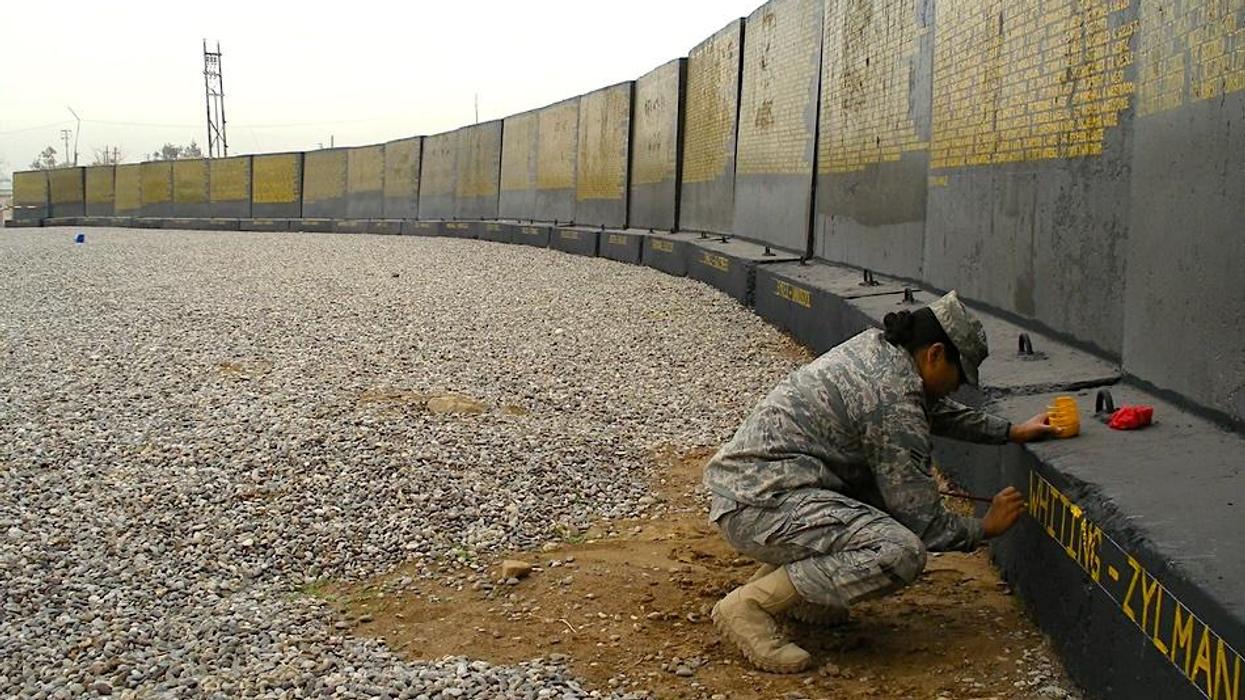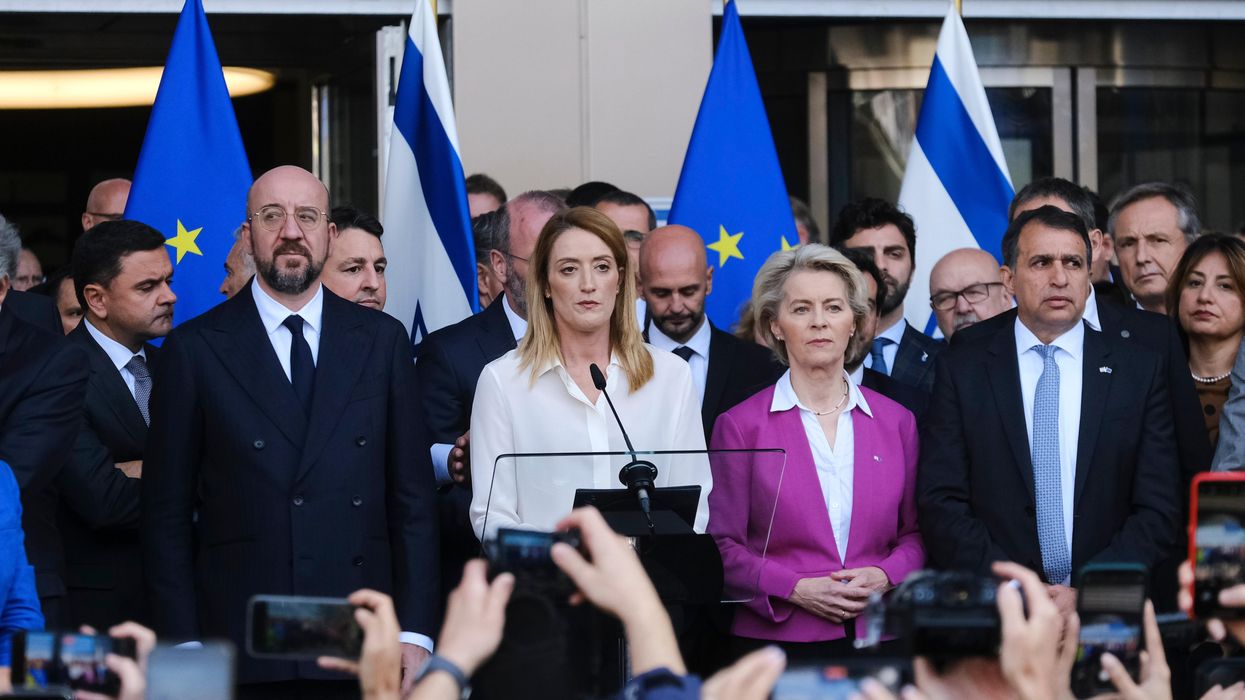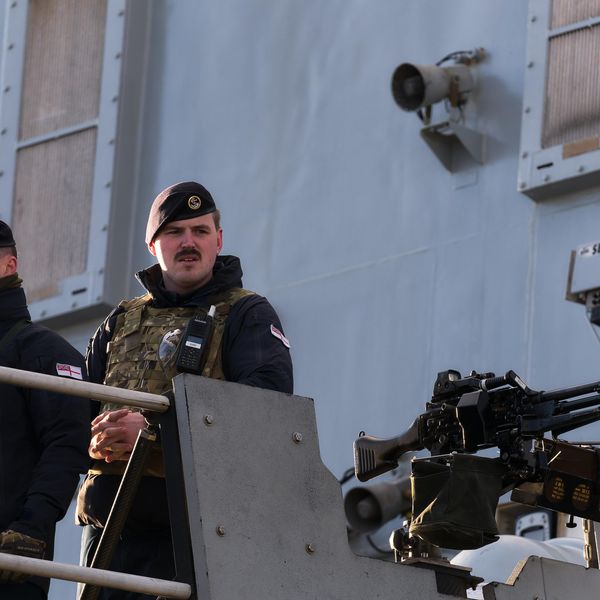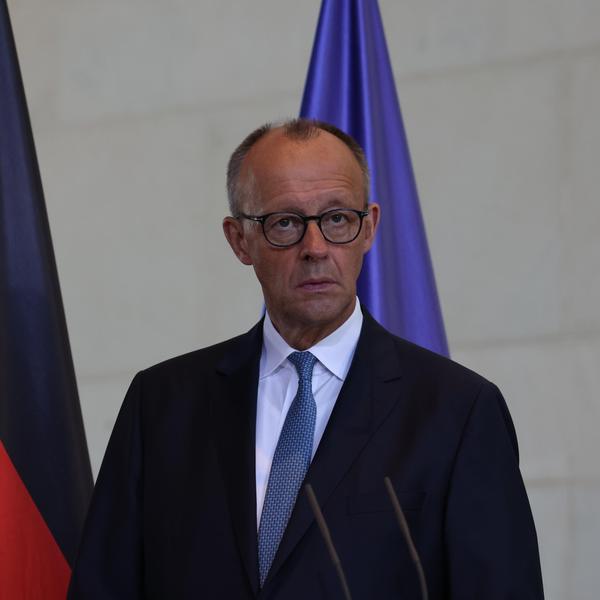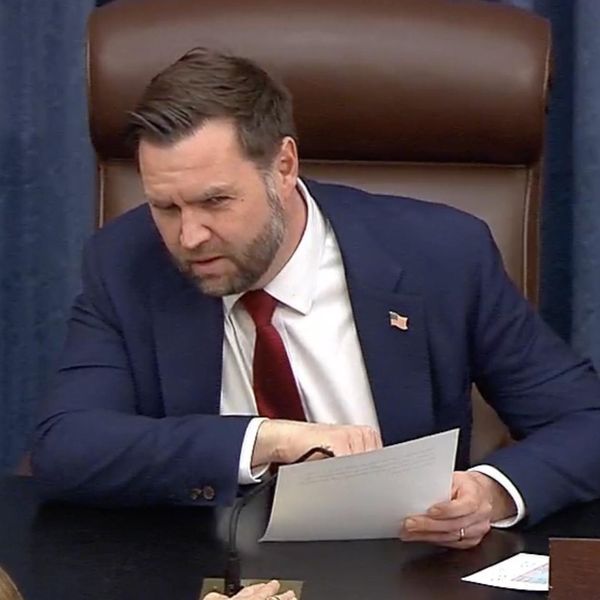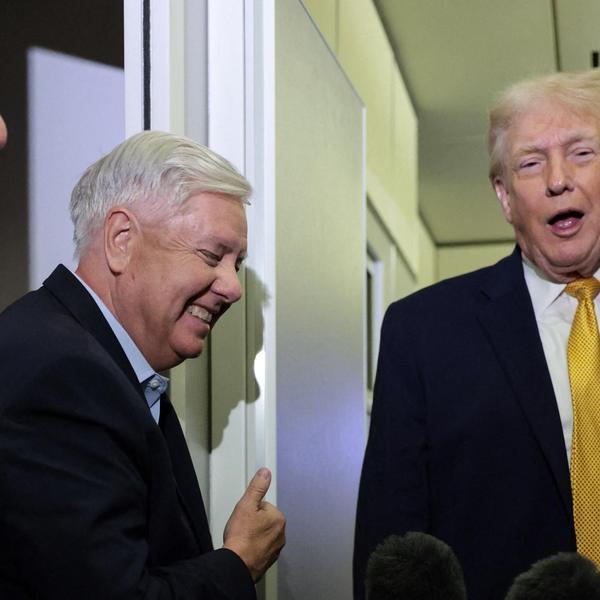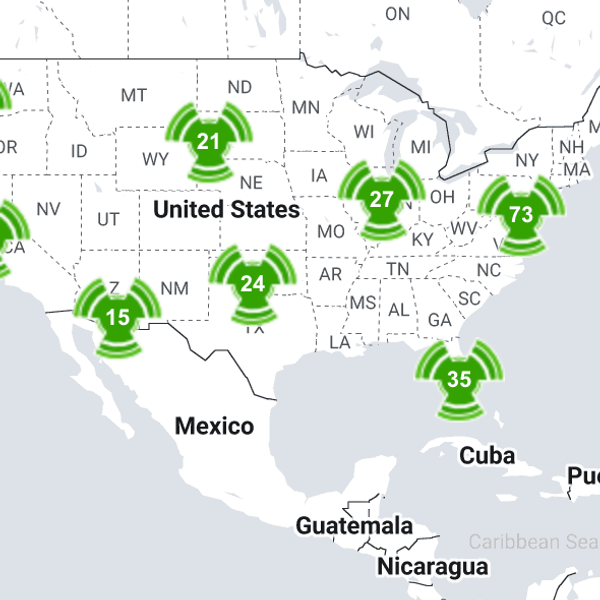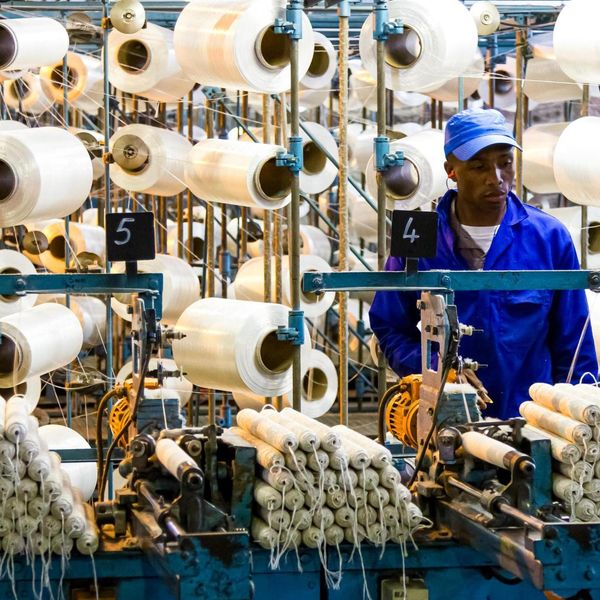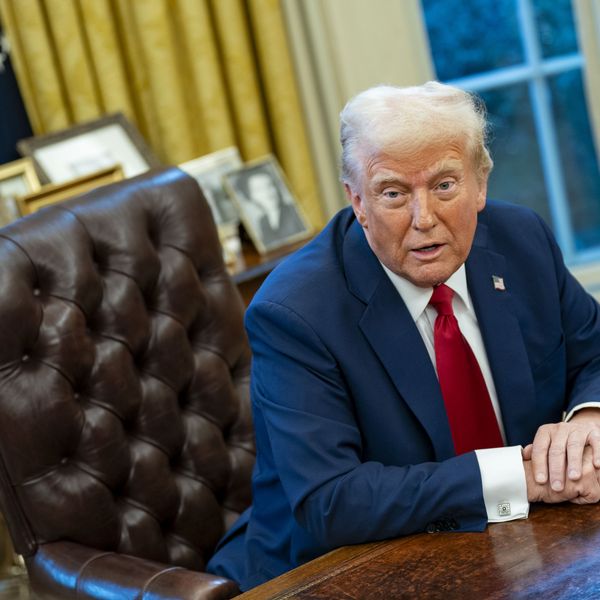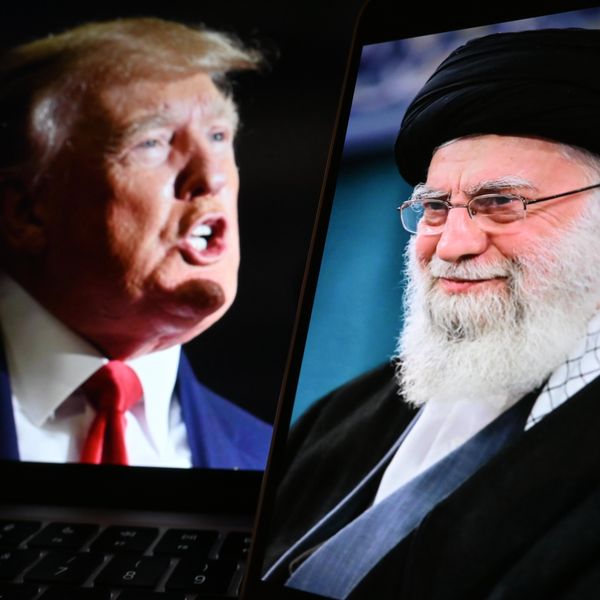There is one thing to know about Iran’s recently elected president Ebrahim Raisi: he has been appointed to every job he has ever held, always by the Supreme Leader, or with his close approval. So he has never had to please anyone but his supreme patron.
There is no doubt that Ayatollah Khamenei trusts and appreciates the loyalty of Mr. Raisi. It is widely believed that Khamenei, who is 82, sees Raisi as his preferred successor. Like Khamenei, Raisi is a mid-level cleric whose entire professional experience has been shaped by the Iranian Revolution.
Khamenei himself was president of Iran before being selected as Rahbar. He may believe that Raisi must also demonstrate popular support if he is to be a legitimate candidate for Supreme Leader. In any case, Khamenei has twice encouraged Raisi’s candidacy. The first time, he was roundly defeated by President Rouhani, whose second and final term is now coming to an end.
In the latest election, the Guardian Council disqualified anyone who might have been considered even remotely competitive. To the surprise of no one, Raisi was elected. He was supported by approximately 30 percent of eligible voters, essentially the same number that voted for him previously. More than half the eligible voters didn’t bother going to the polls, and of those who did, about 13 percent cast blank ballots, a form of protest voting.
It would not be an exaggeration to say that, despite the illusion of an election, Raisi was once again appointed to his present position.
But he is Iran’s new president, and he will be inaugurated in August. Appointed or not, he will need to manage Iran’s parlous finances, provide housing and jobs for its growing population, deal with its fractious politics, and answer to all of his constituents, including those who did not vote for him. Will the support of his patron, plus a lot of help from like-minded cabinet members, be enough to persuade Iranians that he has the answers to their problems?
The answer may lie in the election results. The roughly 30 percent of the population who provide the unshakable base of revolutionary rule — those who have not been dispirited by the malfunctioning of the Islamic system over the past four decades and who continue to believe what they are told — are unlikely to change their views over the next four or eight years. Iran appears to have solved, at least for now, the dilemma of maintaining majority revolutionary control based on support from less than a third of the population.
That explains in part why Iran, when faced with a choice between an efficiently functioning government and revolutionary values, has consistently come down on the side of values. Iran long ago gave up its efforts to export the revolution, but it has never flagged in its determination to sustain its revolutionary image. Raisi, a middling cleric with very little experience of either politics or management, but with an impeccable willingness to do even the dirtiest jobs in service of the revolutionary system, may be the ultimate symbol of the modern Iranian apparatchik.
Raisi can take some hope from the set of conditions that he is inheriting. Largely due to the Trump administration, the potentially powerful reform movement in Iran has been driven from the field. Proponents of an opening to the international community, who in the past have been able to muster far more votes than the 30-percent revolutionary base, were humiliated by Washington’s withdrawal from the JCPOA, the Iran nuclear deal. The “maximum pressure” campaign of Pompeo and Trump failed utterly in its objective of bringing down the Iranian regime or forcing it to transform. Instead, Iran dug in its heels and fell back on the revolutionary virtues of Heroic Resistance. The hardliners were able to blame Rouhani and the reformers for all the suffering, replacing them almost entirely in the majles (parliament) and now the presidency.
It now appears that the JCPOA may be restored before Raisi formally takes office, including the resumption of oil sales and relief from much of the tangle of sanctions imposed on Iran by the Trump administration. The plague of the coronavirus, which Iran has handled poorly, seems to be waning.
On the foreign policy side, Iran is operating from a position of strength. In Iraq, Afghanistan, Syria, and Yemen, Iran is holding its own, or better. As the United States signals its intention to reduce its military footprint in the region, the Arab states are slowly moving toward some degree of accommodation with Tehran. In Israel, Bibi Netanyahu’s long reign is over. His successors are not signaling any willingness to end the bitter rivalry, nor are Iranians showing any indication of backing away from their support for anti-Israeli forces in the region. But at a time of transition in both Iran and Israel, the possibility of quiet feelers between the two rivals is not impossible to imagine.
Still, Iran’s new president will probably succeed or fail based on his domestic record, not his foreign policy, where he is a novice.
Raisi is blessed with a political clean slate, with hardliners dominating every part of the government. But that blessing may be short lived. Single party states never remain united for long. Every part of the Iranian polity — the Revolutionary Guards, the parliament, the commercial and financial sectors, even the swirling politics of succession around the Supreme Leader — are in motion and subject to fracture. The hardliners even lack the comfort of a reformist government that they can blame for failures.
Raisi represents stasis. He is a follower, not a leader. He may be a perfectly satisfactory Goldilocks choice among all the competing forces, at least for the time being, but that is unlikely to last.
By appointing Ebrahim Raisi, the Supreme Leader and his system have voted for consolidation in politics and more of the same in policy. Iran could use a little boldness and competence. Raisi will have to grow quickly to avoid his appointment becoming disappointment.


